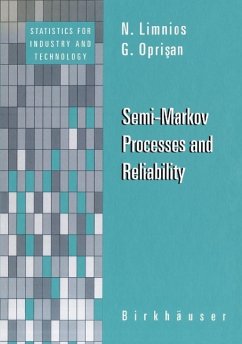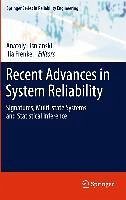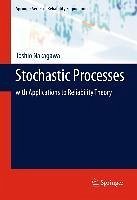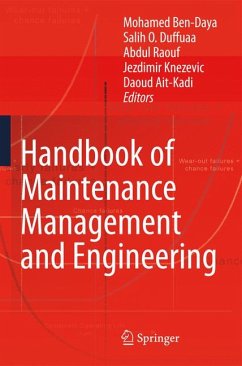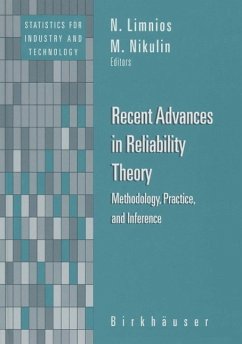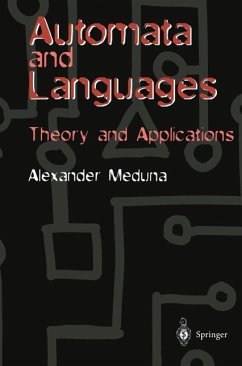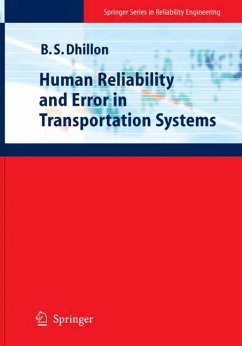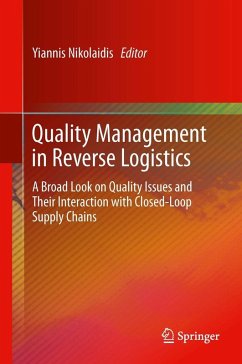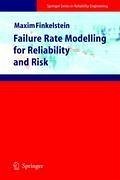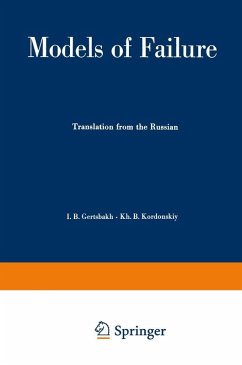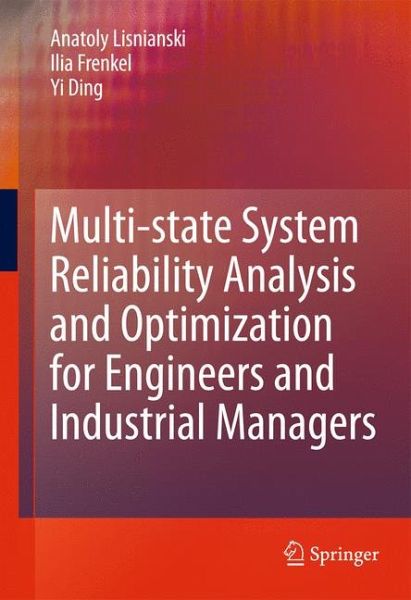
Multi-state System Reliability Analysis and Optimization for Engineers and Industrial Managers (eBook, PDF)
Versandkostenfrei!
Sofort per Download lieferbar
175,95 €
inkl. MwSt.
Weitere Ausgaben:

PAYBACK Punkte
88 °P sammeln!
Multi-state System Reliability Analysis and Optimization for Engineers and Industrial Managers presents a comprehensive, up-to-date description of multi-state system (MSS) reliability as a natural extension of classical binary-state reliability. It presents all essential theoretical achievements in the field, but is also practically oriented. New theoretical issues are described, including: . combined Markov and semi-Markov processes methods, and universal generating function techniques; . statistical data processing for MSSs; . reliability analysis of aging MSSs; . methods for cost-reliabilit...
Multi-state System Reliability Analysis and Optimization for Engineers and Industrial Managers presents a comprehensive, up-to-date description of multi-state system (MSS) reliability as a natural extension of classical binary-state reliability. It presents all essential theoretical achievements in the field, but is also practically oriented. New theoretical issues are described, including: . combined Markov and semi-Markov processes methods, and universal generating function techniques; . statistical data processing for MSSs; . reliability analysis of aging MSSs; . methods for cost-reliability and cost-availability analysis of MSSs; and . main definitions and concepts of fuzzy MSS. Multi-state System Reliability Analysis and Optimization for Engineers and Industrial Managers also discusses life cycle cost analysis and practical optimal decision making for real world MSSs. Numerous examples are included in each section in order to illustrate mathematical tools. Besides these examples, real world MSSs (such as power generating and transmission systems, air-conditioning systems, production systems, etc.) are considered as case studies. Multi-state System Reliability Analysis and Optimization for Engineers and Industrial Managers also describes basic concepts of MSS, MSS reliability measures and tools for MSS reliability assessment and optimization. It is a self-contained study resource and does not require prior knowledge from its readers, making the book attractive for researchers as well as for practical engineers and industrial managers.
Dieser Download kann aus rechtlichen Gründen nur mit Rechnungsadresse in A, B, BG, CY, CZ, D, DK, EW, E, FIN, F, GR, HR, H, IRL, I, LT, L, LR, M, NL, PL, P, R, S, SLO, SK ausgeliefert werden.



